Alzheimer’s– Sometimes memories sneak out from my eyes and roll down to my cheeks. Around 5.8 million senior citizens in the USA are prone to memory loss, we know that senior citizens have the ability to forget everything easily and their social skills decline with respect to age. So, what does this mean, it only occurs to older ones or young too, why is this? Why don’t people take this seriously? Should they? If they are, then why?
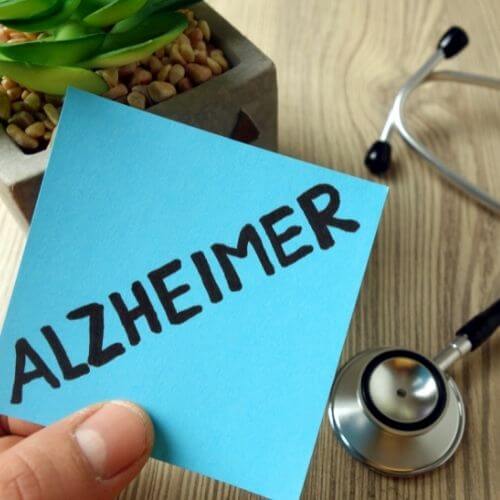
It hurts to know you’ll never remember the things I’ll never forget this is the most common case of dementia in scientific terms but we call it memory loss where our thinking starts declining and our brain doesn’t function properly, so why does memory loss? Have you ever think cautiously that this is the birth of a new disease called ‘’Alzheimer’’ it is the most common form of memory loss or dementia. Approx. 70-80% of people are prone to this.
CContents
What is Alzheimer’s disease?
It is a neurological disorder where brain cells start getting die, where thinking power loss, the behavior of the person decline which affect their brain functionality, as symptoms start getting worse it becomes harder for the person to remember anything whether it is their own mother or any close ones. A person’s recognition of others starts to decline and without any assistance they can’t go anywhere.
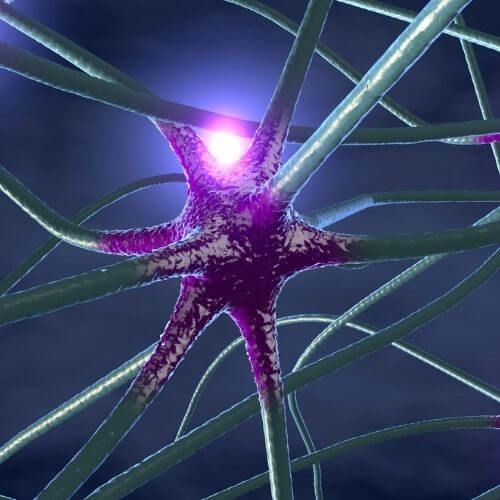
According to the National Institute on Aging, Alzheimer’s is the third leading chronic disease that has no treatment and can be hidden behind heart disease or by cancer ultimately death. O doubt parental support to their child or any relative will cure the disease with respect to time, but early detection of this disease is better to them personally and for the caregivers as well.
Causes of Alzheimer’s disease?
It is unknown that what are the causes of this disease but yes by observing the person we can get to know that there is some problem, what we can observe, it is believed that lifestyle, genetic risk factors, and environmental factors that trigger the biological function of the brain,
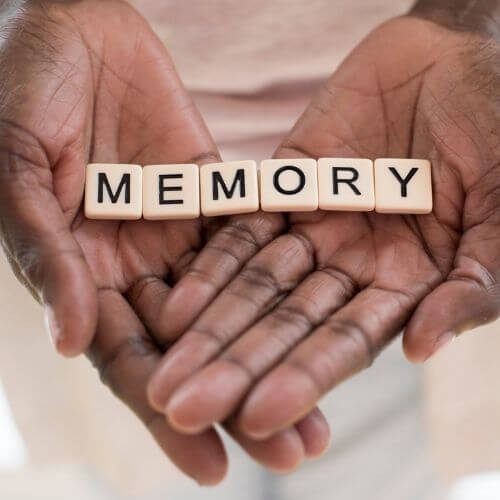
Age is the single most factor, as USA is the country where largest portion of senior citizens are prone to this disease so, if the person is having the disease, then she/ he will be suffering it for longer time.
Family history if your parents are suffering from Alzheimer then there is a chance then you will be, not only parents but your previous generation. But in few cases, it may pass into single gene only. It is better for the person to have a genetic counselling while having a baby.
Down’s syndrome the person who is suffering from down syndrome may be at higher risk of Alzheimer’s.
Head injuries the person who has severe head injuries then he or she may get prone to this, it is obvious.
The cardiovascular disease having heart disease then there will be a chance of the person to have Alzheimer’s.
Another factor includes; –
- High blood pressure
- Smoking
- Obesity
- High cholesterol
Signs and symptoms of Alzheimer’s disease
Memory loss: difficulty in remembering things and adapting new information in mind is quite difficult for the person like Whatever the person tries to say their brain will not grasp ultimately asking random questions about that is the key that person’s adapting power is declining. They will start losing things, they find that they lose their selves and wandering about everything is the clearer sign of memory loss.
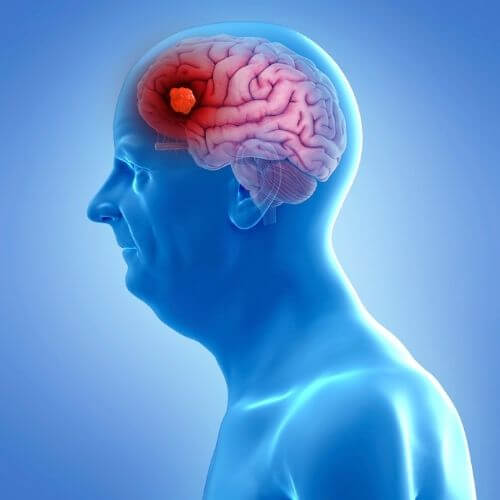
Cognitive deficits:
reasoning and complex tasks as we know that we always need facts that have particular meaning and their decisive power what is wrong and what right ultimately stop, they don’t even consider about paying bills, how much to pay or not, as everyone is very clear about money and think very cautiously about money but Alzheimer patient will no
Problems with recognition: face recognition or finding any objects will become a difficult task for them as these are due to their eyesight weakness but due to memory loss.
- Problems with spatial awareness: handling any object in hand, dressing up becomes difficult for the person, observing anything is zero and taking a glass of water is like climbing onto the mountain.
- Problems with speaking, reading, or writing: common words that are used to speak, write or read to are the ones that can be observed and their spelling mistakes holding a pen or pencil as usual.
- Personality or behavior changes: mood swings sometimes become angry on silly things sometimes worried, loss of interest in any activity, compulsive behavior.
Stages of Alzheimer disease
Range between mild to severe is state of impairment can be observed in the patient which reach to sevdere cognitive decline.
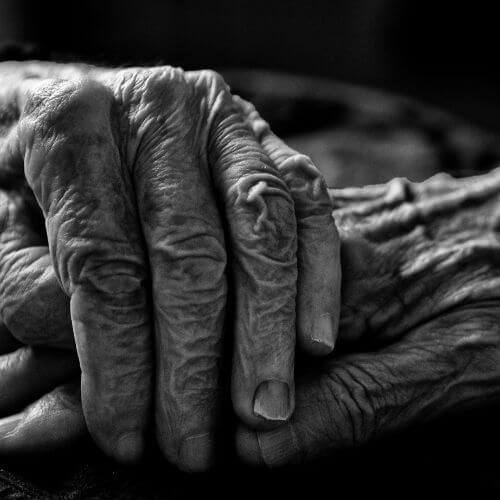
v Mild Alzheimer’s disease is being followed by the memory problem plus cognitive difficulties, as the person takes several hours in order to complete any task which a normal person takes a second. Sometimes a person becomes angry or sometimes confused following the way to lose.
v Moderate Alzheimer’s disease brain is responsible for sensing, reasoning, and language where a person gets difficulty in recognizing friend learning new things performing any tasks, handling any problem and taking any decision which is right or wrong cause certain problems.
v Severe Alzheimer’s disease where person able to think, learn, understand, communication totally lose. Where the brain starts getting shrink and their dependency on others increase.
Treatment of Alzheimer’s disease
Careful examination of the patients is the key to find the exact problem, where medical history is needed, neurological exam, imaging tests plus blood tests are involved.
No single test can determine whether a person is prone to Alzheimer or dementia, as they are totally different from each other.
Non-surgical method
Aducanumab is an immunotherapy that is helpful in the treatment of the slow progression of Alzheimer’s. It helps to remove several numbers of plaques that are the clusters associated in the brain that are the cause of disease.
Donepezil and rivastigmine are helpful in treating mild, severe, and moderate disease where it helps In the breakdown of acetylcholine that can cause mood swings In the brain.
Galantamine is also used in the treatment of Alzheimer’s disease which helps in severe or mild cases where acetylcholine breakdown takes place by this medication.
Surgical method
CT imaging of the head is the combination of X-rays where the computer describes multiple images of the brain where the doctor can identify the exact cause of Alzheimer plus brain tumor.
MRI of the head where powerful magnetic field produced frequency radio waves and computer uses a detailed picture of organs, bone, soft tissues of the brain, it also helps to detect brain disorders in early-stage to severe stage it helps to diagnose the different areas of the brain even though the size of the brain can be detected by MRI.
PET and PET/CT of the head a small amount of radioactive material is inserted into the head in order to diagnose a variety of diseases. There are always different scans where it helps to identify the decreased glucose metabolism in the brain.
Conclusion-
as researchers are working on Alzheimer’s disease plus dementia where doctors enable to understand diagnostic tools when symptoms appear so that early detection can improve the person abnormality plus regular brain scans are important in order to detect the early stage of the disease. Accurately finding out the results and when the disease starts progressing is necessary.


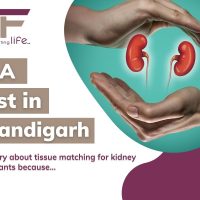
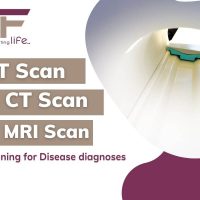

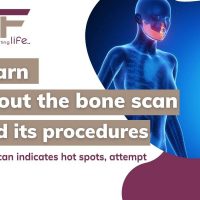
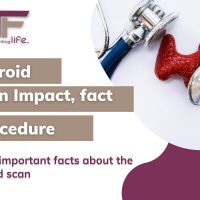

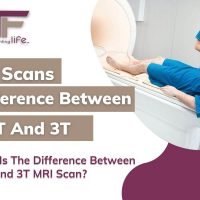

Comments